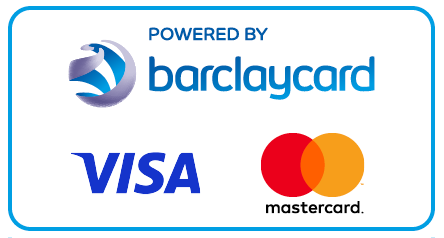So you’ve purchased a Victorian period property and want to decorate in an authentic style. You’ve come to the right place. In this guide, we’re sharing our insight into the Victorian interior design trends and how you can update them with some modern touches.
As you might expect, cast iron radiators feature prominently in Victorian interior design. The Victorians were some of the first to enjoy indoor heating, and cast iron radiators were the design of choice. Often powered by steam, making the switch from coal burning fires to central heating was a sign of status in Victorian times.
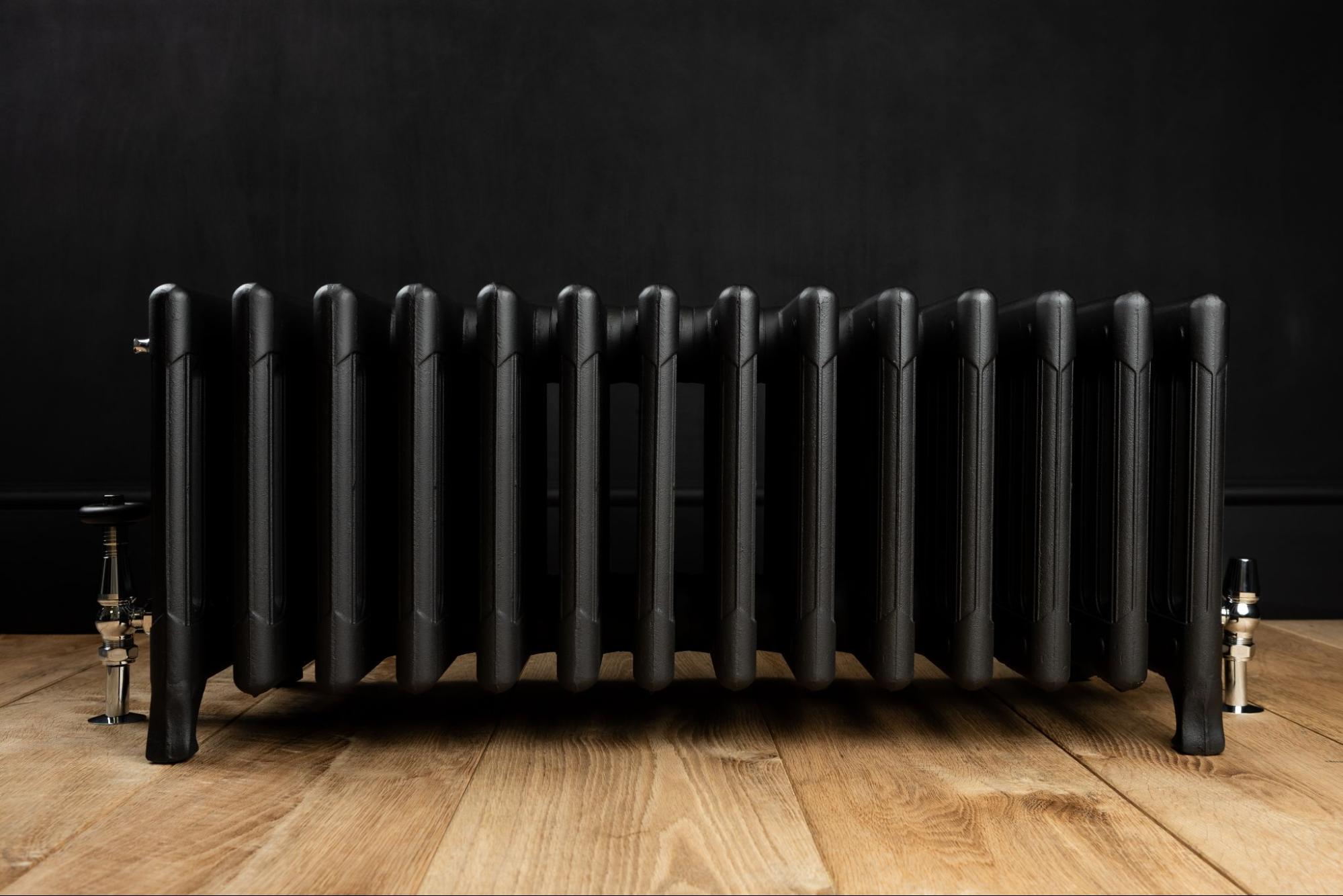
Now you too can show off your decorating prowess by adding cast iron radiators to your interiors. To keep the look authentically Victorian, we recommend the Traditional Four Column Radiators, available in a wide range of lengths and heights to fit your space.
First things first, let’s talk about the bare bones of the room. Victorian architecture was all about going above and beyond with the smaller details. This is why we commonly see detailed coving, intricate ceiling roses, and panelled doors.
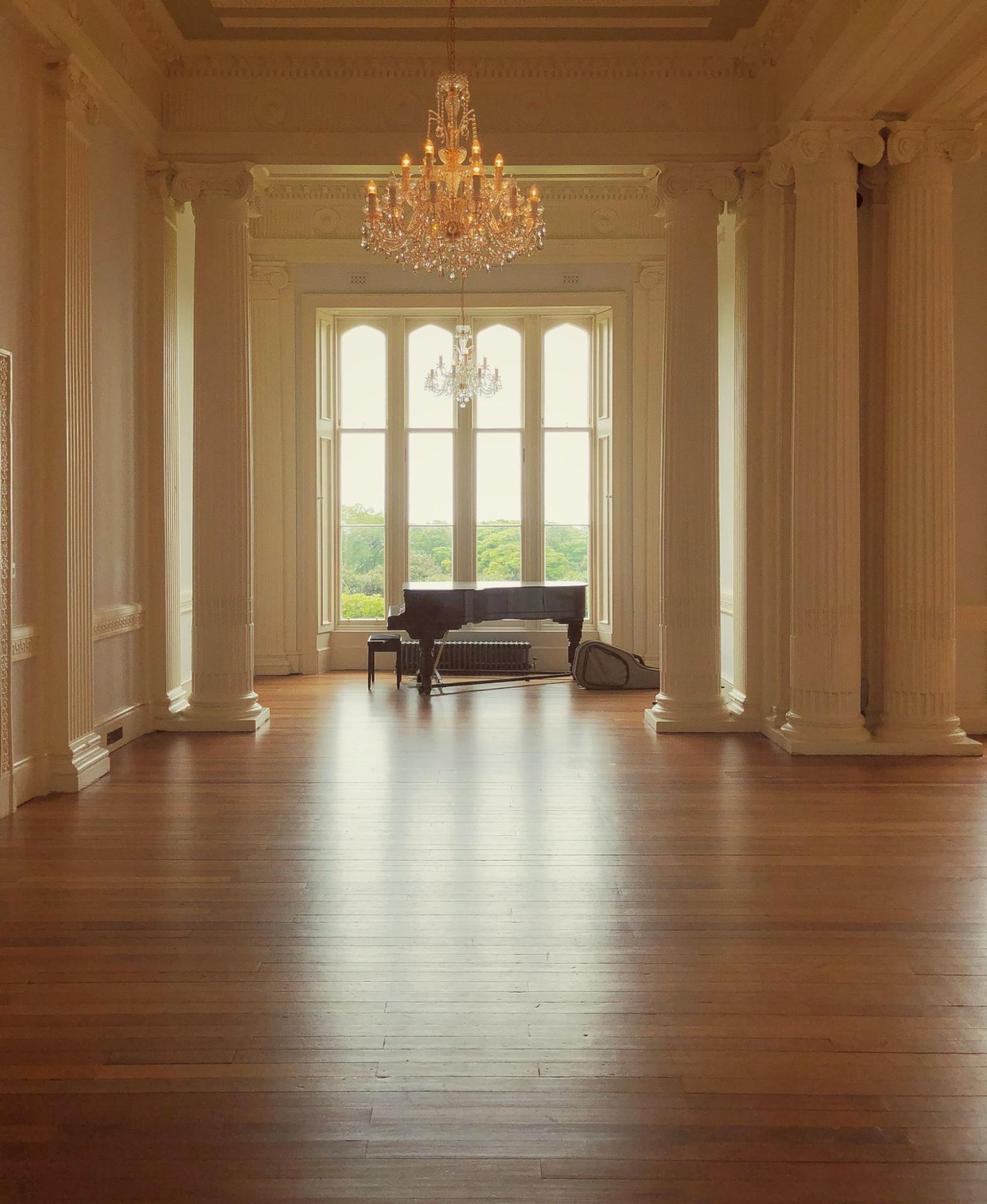
Victorian home design also favoured the bay window, which creates the ideal nook for a low radiator. We love the boxy design of the 9 column radiator for this exact purpose. This is one way that you can make your cast iron radiators a focal point of your decor.
There’s always a lot going on with a Victorian decor colour scheme. As patterned wallpaper was available to the middle classes for the first time, popular designs flourished. Popular patterns of the time include plaids, stripes, damask, and florals.
The introduction of new dye techniques meant that homeowners could also play with contrasting patterns and colours. It was truly a time for maximalism and self-expression.
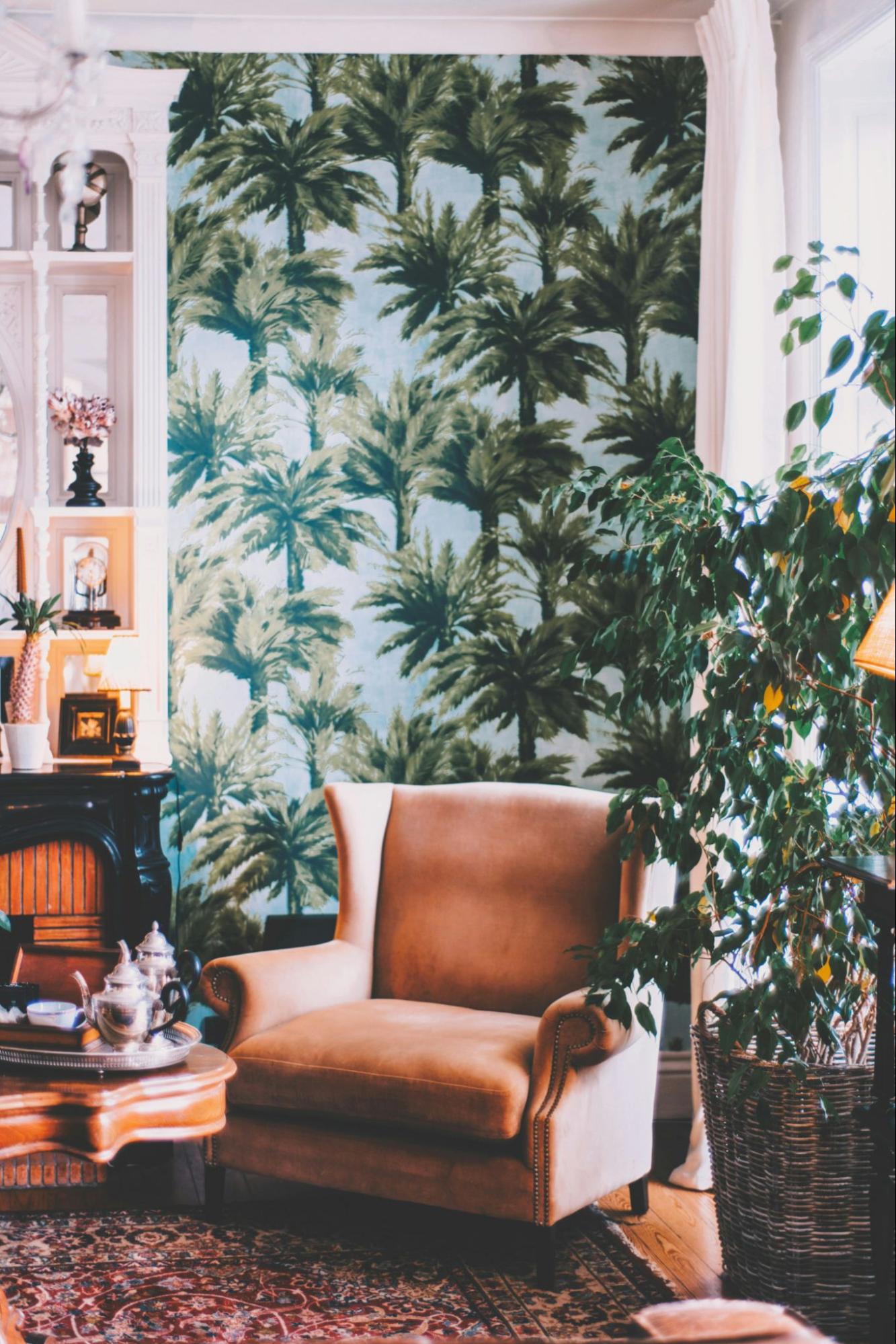
In terms of paint colours, all rules are off when it comes to modern Victorian decorating. When homes were still heated by coal fires, darker paint colours were favoured for the walls as this would conceal the soot marks. As homes made the move to cast iron radiators, it became possible to decorate with more muted shades and pastels.
This could offer some inspiration when it comes to choosing your colour palette. For cosy rooms with a fireplace, you might select deeper jewel tones to lean into the early Victorian theme. Save the muted tones for other rooms in your home where you want to project a sense of lightness.
Victorian furniture is enduringly popular in interior design. You don’t have to decorate your home like you are living in a National Trust museum. A far better way to achieve the Vicotrian style with a modern twist is to borrow elements of Victorian furniture.
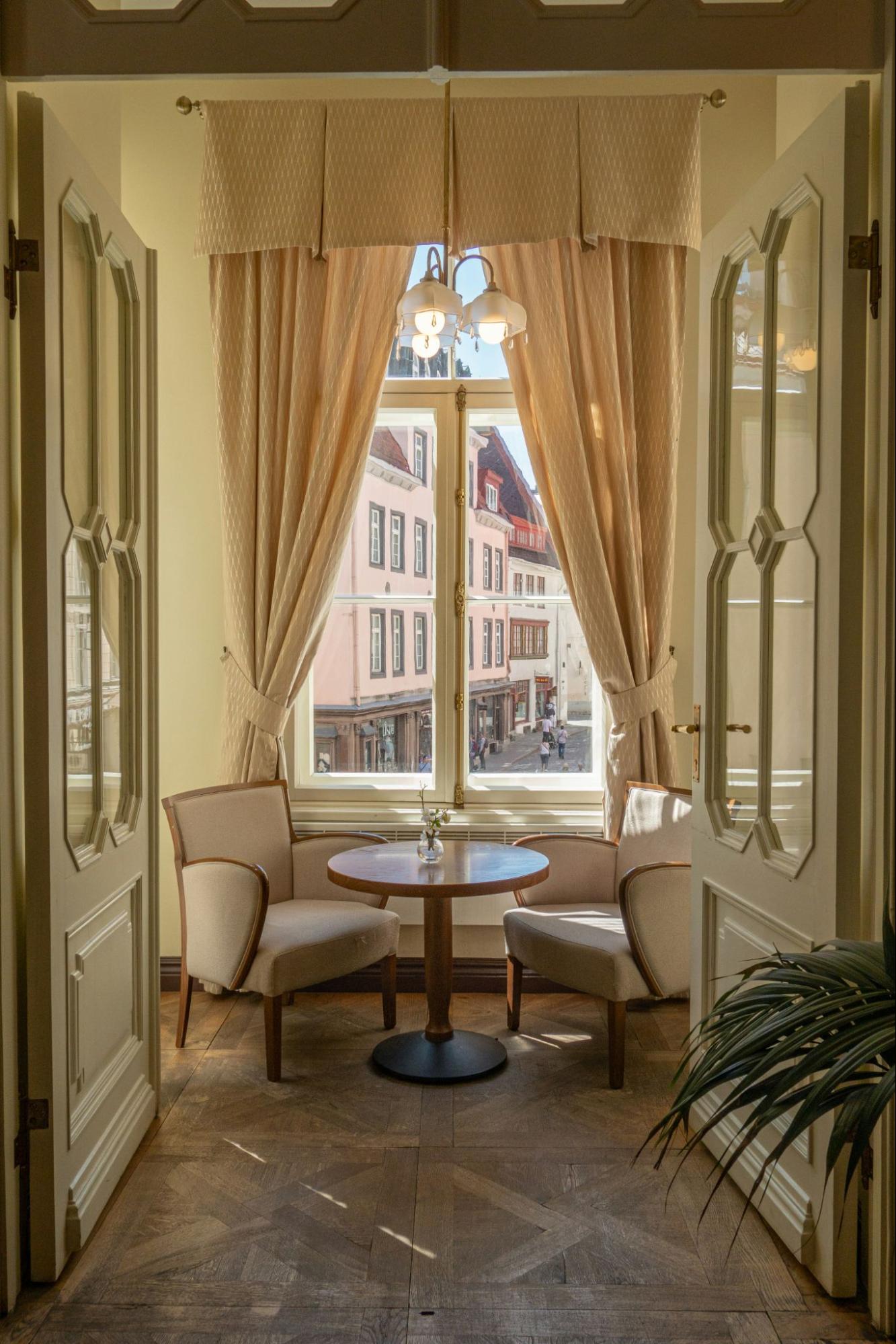
Popular elements include ornate mirrors, plush velvet sofas with tufting, sofas paired with pairs of matching chairs, Chesterfield sofas, antique rugs, Tiffany lamps, wall sconces, chintz pillows and decorative dressers.
When the rest of the home is opulent and lavish, you can expect nothing less from the flooring. Victorian flooring was designed to last and to make a statement as strong as the other elements in the room. Parquet flooring was very popular, but you could achieve a sympathetic look by simply restoring the original floorboard and pairing with vintage rugs.
Patterned tiles were incredibly popular in hallways and even down the garden path. These are commonly chosen in darker shades to help hide the dirt. Stairs were commonly left bare. While rugs were commonplace, carpet was not.
If you’re reviving a Victorian property, the first step is to determine which of the original features you can save. You can then decide which of the original features you would like to faithfully reproduce.
From the bare bones, you can then design a colour scheme for the home based on usage and the direction it is facing. South-facing rooms will get the most sunlight and you’ll have the most flexibility with colours. For all other rooms, you’ll either need to be confident with the lighting, or adjust your colour palette to work with the natural light.
Next, introduce patterns through the use of wallpaper, soft furnishings and window coverings. This is where you can introduce some individuality and personal style preferences. Will you opt for a maximalist approach or keep things muted and serene?
We love the approach of keeping most of the home muted and calm, and then introducing a single maximalist space in an unexpected way, such as a downstairs bathroom or home office. This will allow you to play with contrasting patterns and bold statement colours without feeling overwhelmed.
Finally, you can include furniture that is sympathetic to the era, but updated for modern usage. For example, you can make a casual dining area by pairing a tufted banquette bench with a vintage oak dining table and mismatched chairs.
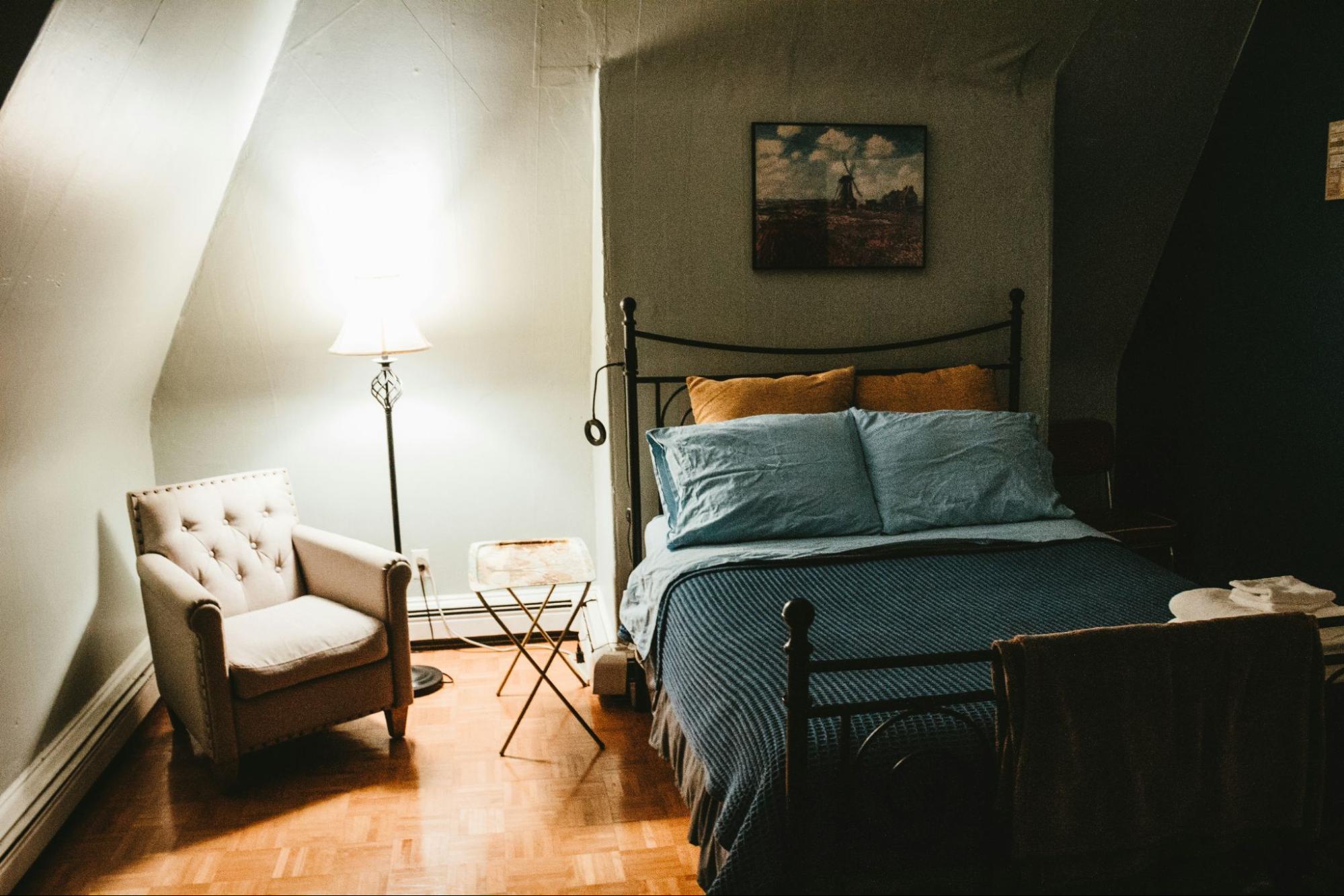
In the bedroom, pair a vintage metal bed frame with an ornate carved wardrobe. Bring the style up to date with the introduction of rattan elements to lighten the appearance of the wardrobe.
Since the Victorian interior design style includes lots of raw wood, including oak, pine, teak, and mahogany, this lends itself well to blending with modern Scandinavian styles. A simple way to blend Victorian heritage with modern Scandi style is through the use of a simple colour palette to achieve a simple, functional and inviting home.
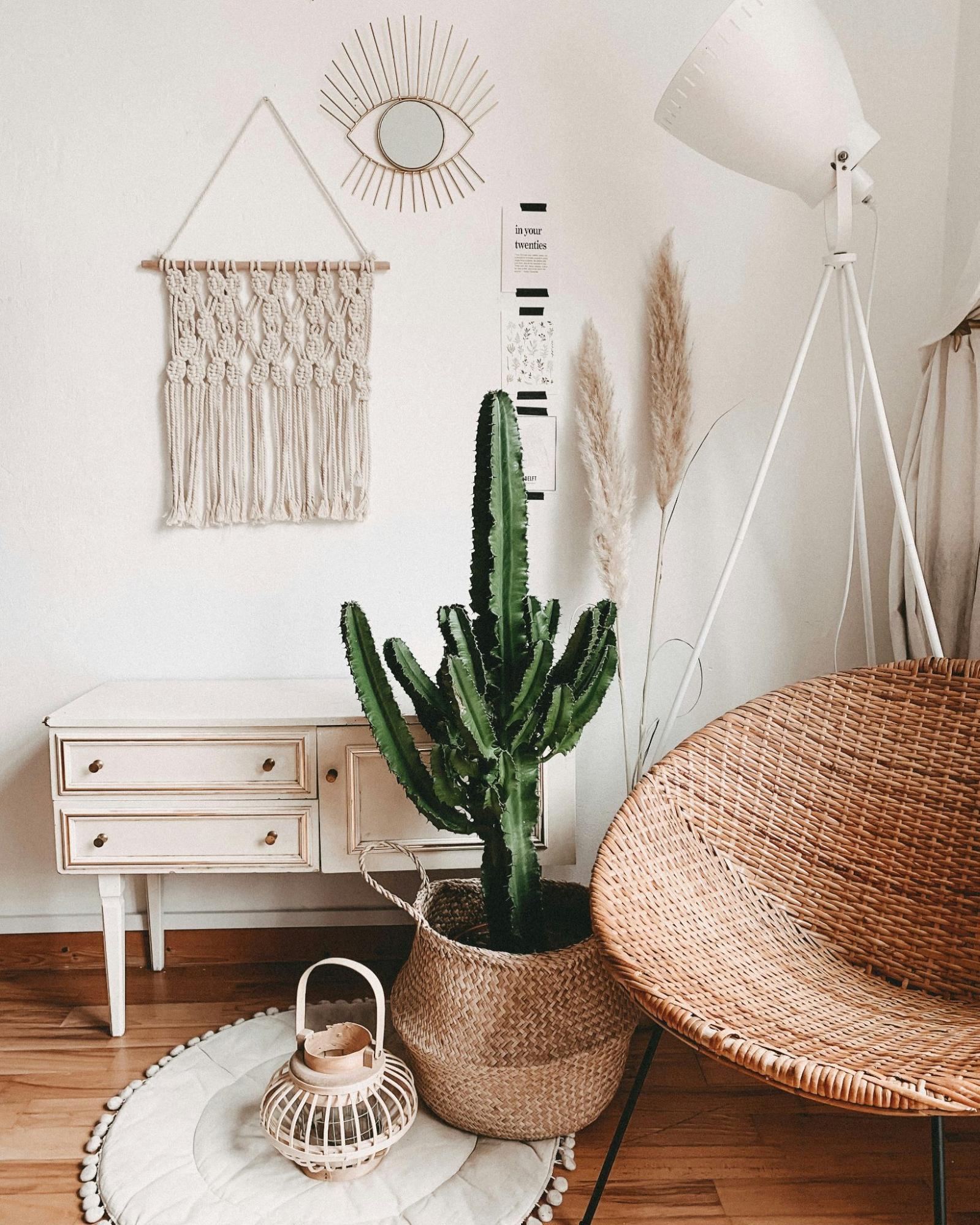
If your style leans more towards darker decor, you can also lean into the gothic side of Victorian decor, or opt for an industrial style. In short, there are no limits to how you can play with the Victorian interior design theme. It is truly versatile and ready to be shaped to your whims.
Join our mailing list
1 5% discount on orders over £2,000 before delivery & VAT
2 Ten year guarantee on all radiators excluding clearance


